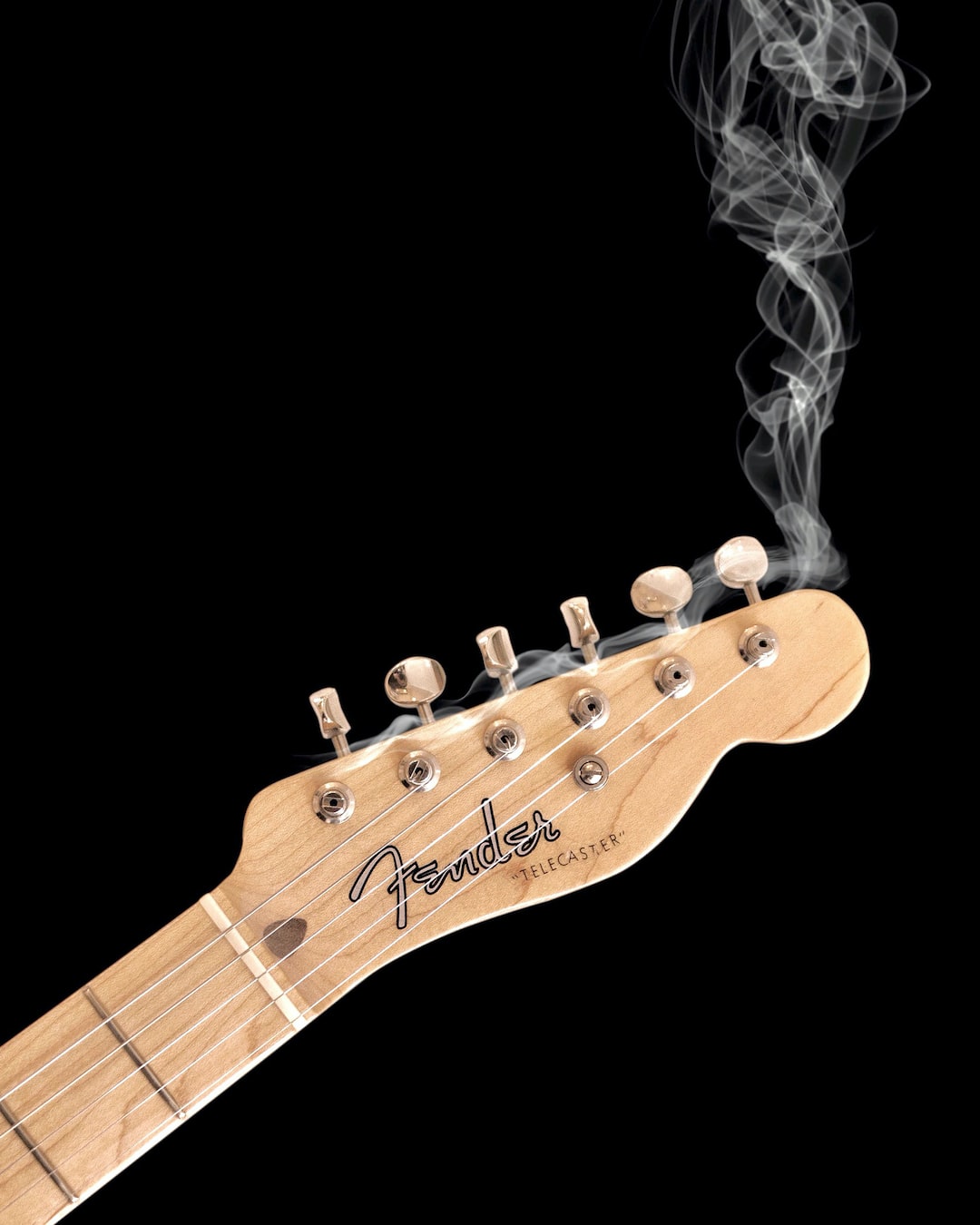The Resurgence of Musical Theatre in the 21st Century
Musical theatre has always been one of the most beloved forms of entertainment, with its vibrant combination of singing, dancing, and storytelling. From the classics such as “The Phantom of the Opera” and “Les Misérables” to more recent hits like “Hamilton” and “Dear Evan Hansen,” musicals have captured the hearts of audiences worldwide. In recent years, there has been a noticeable resurgence of interest in musical theatre, making it one of the hottest trends of the 21st century.
One of the factors behind this resurgence is the increasing diversity and inclusivity in musical theatre. Traditionally, musicals featured predominantly white casts and stories that were often limited in their representation. However, in the 21st century, there has been a push for more diverse storytelling that reflects the realities of our society. Musicals like “Hamilton,” which features a predominantly non-white cast and tells the story of the founding fathers through a hip-hop lens, have broken new ground and attracted audiences who previously felt excluded from the world of musical theatre.
Alongside greater diversity, musical theatre has also embraced contemporary themes and issues that resonate with modern audiences. In today’s rapidly changing world, people want to see stories that reflect their own experiences and address the pressing concerns of society. Musicals such as “Rent,” which tackles topics like HIV/AIDS, drug addiction, and gentrification, have had a profound impact on audiences, resonating with their struggles and inspiring them to pursue change. This shift towards more relevant and socially conscious storytelling has undoubtedly contributed to the resurgence of musical theatre.
Furthermore, advancements in technology have allowed for more complex and visually stunning productions, enhancing the audience’s experience. With the use of intricate set designs, projection mapping, and sophisticated lighting techniques, musicals have become more immersive and theatrical than ever before. Spectacles like “The Lion King” and “Wicked” not only captivate the ears but also dazzle the eyes, transporting the audience into magical worlds filled with wonder and awe. The combination of these technological advancements and the timeless appeal of music and dance has made musical theatre increasingly popular in the 21st century.
The rise of social media and streaming platforms has also played a significant role in the resurgence of musical theatre. Platforms like YouTube and TikTok have given aspiring performers a platform to showcase their talents, reaching audiences far beyond the confines of a traditional theatre. The viral success of videos featuring performances from musicals like “Be More Chill” and “Six” has generated immense buzz and sparked interest among a wider demographic. In addition, the availability of recorded stage productions on platforms like BroadwayHD and Disney+ has allowed people from all over the world to access and enjoy musical theatre, further widening its appeal and impact.
Lastly, the success of movie adaptations of beloved musicals has brought the genre to a wider global audience. Films like “Les Misérables,” “Chicago,” and “The Greatest Showman” have not only been box office hits but have also introduced musical theatre to those who may not have considered attending a stage production. These adaptations have showcased the power and emotion of musical theatre on the silver screen, leading to increased interest in the genre and its stage counterparts.
In conclusion, the resurgence of musical theatre in the 21st century can be attributed to a variety of factors. From greater diversity and inclusivity to the exploration of contemporary themes, advancements in technology, the impact of social media and streaming platforms, and the success of movie adaptations, musical theatre has experienced a remarkable renaissance. As we enter a new era of storytelling and entertainment, the future of musical theatre looks bright, promising to captivate and inspire audiences for many more years to come.

